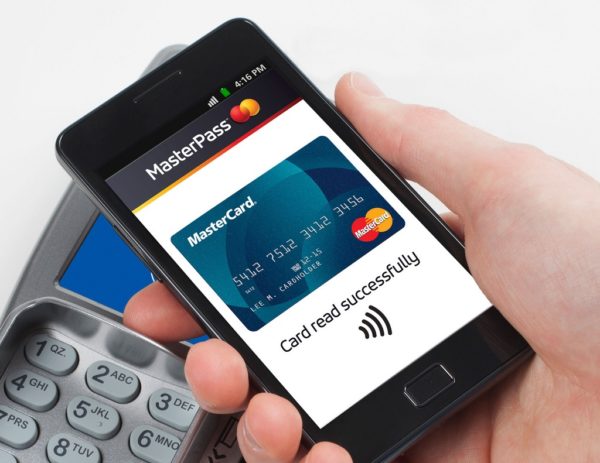Uberization: definition, examples
The uberization of work and the economy is a concept born with the company Uber. It is the result of the development of new technologies. But how far is it going?
Definition of uberisation
The American company Uber was born in the United States (San Francisco) in 2009. The idea of the founders, one day that they could not find a taxi, was to put in direct contact, via a computer application available on a smartphone, the customer and a service of private drivers. UberCab (super taxi) was born. Thanks to several fundraisers, Uber has been able to develop in various cities around the world. His dazzling success earned him to be observed, and imitated, and gave his name to a social phenomenon, uberization. This consists of putting individuals and service companies in direct contact with each other (meal delivery, for example) thanks to new technologies that develop applications so that this connection is almost instantaneous.
Uberization of work
Now there are apps to connect employers and job seekers, with live appointments and immediate responses. Admittedly, it’s more violent, but at least it has the merit of being clear and fast. In this world where you always have to go faster, this is the number one advantage of uberisation. Go faster, it is what we ask employees, and also executives, reachable twenty-four hours on twenty-four or so, who must respond in the second at the least mail or SMS.
Uberization of society
Uberization of society
Everywhere, therefore, uberisation makes emulators. It is a question of putting back to the heart of the processes the customer and the will to satisfy it, and this, by removing the intermediaries (Le Bon Coin is an illustration). It works at the CtoC (consumer to consumer, from consumer to consumer), which has a positive impact in terms of environment and time earned. In 2014, the collaborative economy represented $ 115 billion. It is the flowering of individual companies, micro-entrepreneurs and other platforms. However, these platforms are criticized for perpetuating the classic capitalist model, while generating greater risks in terms of guarantees.
Example of uberisation
Uber and AirBnB are becoming the most famous examples of uberisation. But there are many others. To publish a digital book, it is to Amazon that one addresses, and to obtain an answer to a legal problem, to WeClaim or to the American Bar Association for the anglophones. The creation of algorithms makes it possible to answer simple questions asked by individuals and companies, with instant answers. This uberisation of the law allows players in this profession to spend more time on tasks with higher added value. The linking of service proposals and needs via the web is perfectly illustrated by BlaBlaCar, the carpooling website.
From : journaldunet.fr
Sorry, the comment form is closed at this time.








Pingback: The mandatory enabling technology trucking companies must consider before diving into an "uberization" - TruckX Inc
3 August 2022Pingback: How To Keep a Lid on Insurance Premiums? - TruckX Inc
18 August 2022discount androxal cheap trusted
16 August 2025how to order androxal generic pharmacy canada
order androxal generic online buy
ordering enclomiphene cheap from canada
16 August 2025online order enclomiphene generic mastercard
enclomiphene online consultant
comprar rifaximin por internet
17 August 2025buying rifaximin generic pricing
get rifaximin generic dosage
buy xifaxan us prices
17 August 2025get xifaxan cheap discount
Buy xifaxan no prior script overnight
Buy perscription staxyn online
17 August 2025discount staxyn usa sales
how to buy staxyn cost without insurance
purchase avodart generic from the uk
17 August 2025buy avodart purchase singapore
Online avodart and fedex
order dutasteride canadian discount pharmacy
17 August 2025buying dutasteride generic canadian
how to buy dutasteride generic canada
cheapest flexeril cyclobenzaprine without prescription
17 August 2025order flexeril cyclobenzaprine price prescription
buying flexeril cyclobenzaprine cheap alternatives